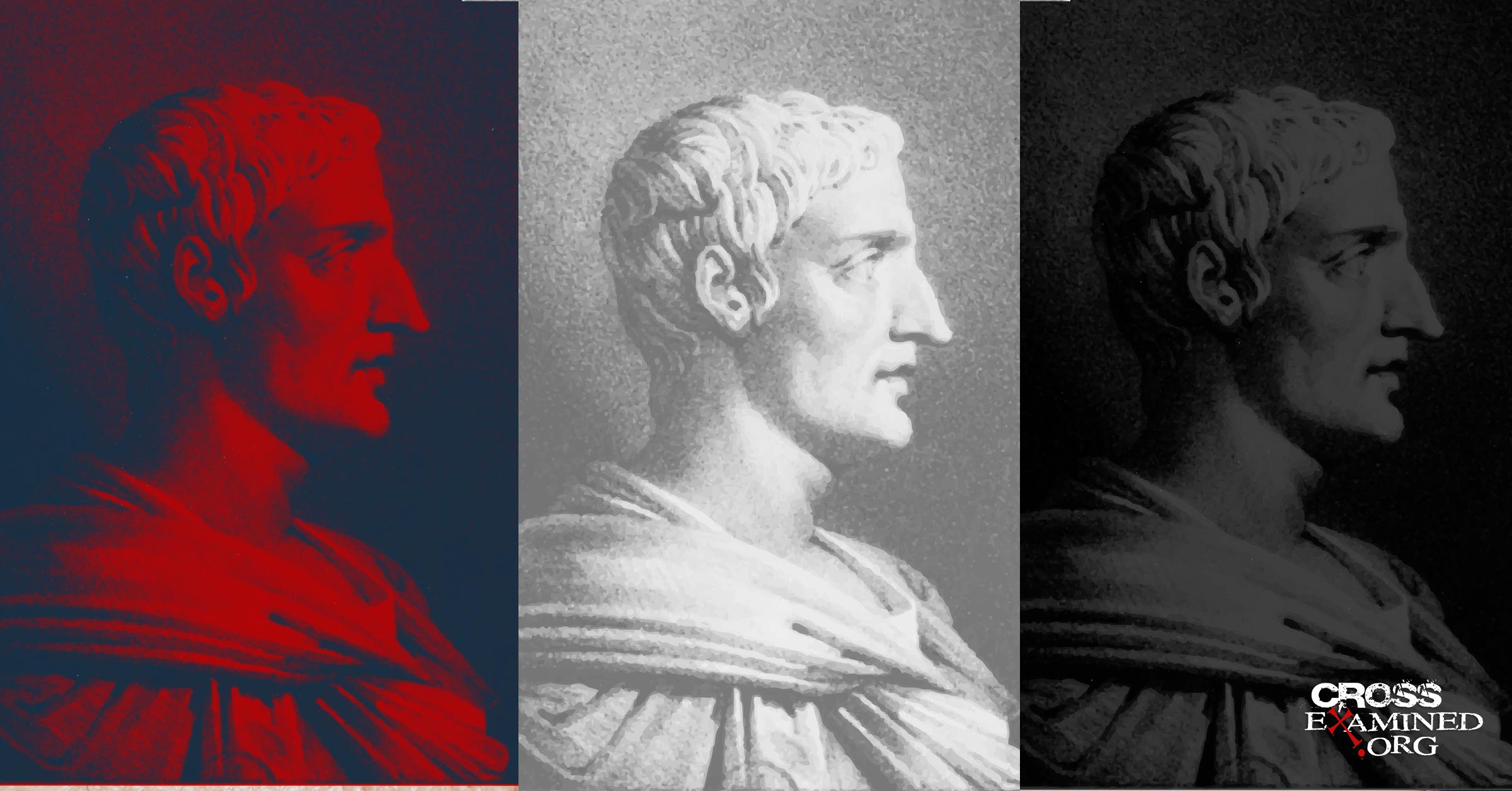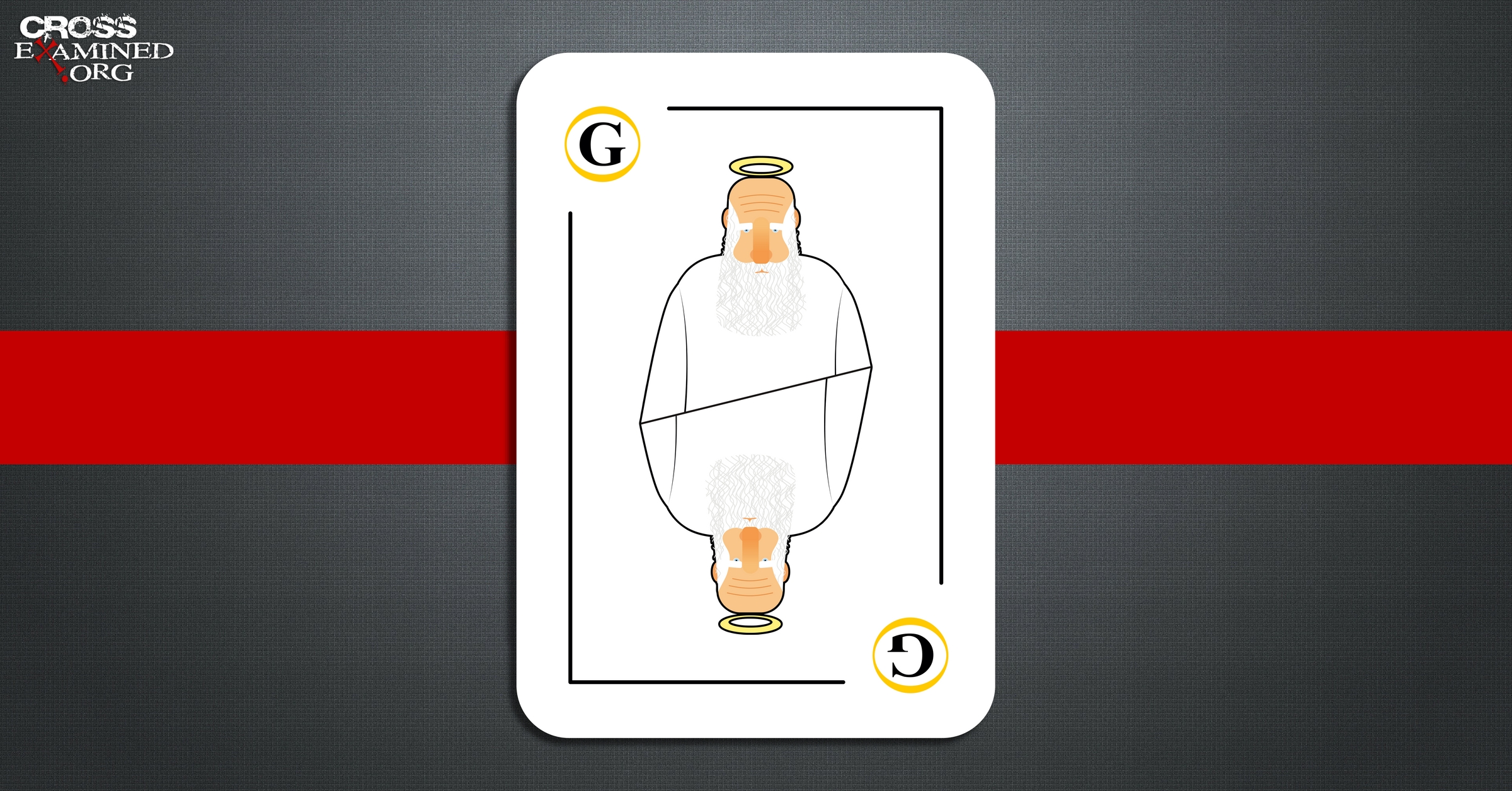“Sanctification” and “Justification”… What’s the Difference and Why Does It Matter
By Andrew Cowley
Defining and explaining the meaning of “sanctification” and “justification” can be a daunting task—yet a task that every believer should thoroughly dedicate themselves to. It is imperative that we understand what these two terms mean, how they apply to our faith, and how that affects our Christian theology. Make no mistake, each and every Christian believer is a theologian who is called on to not only proclaim the Good News but defend it with love and care as well.[1] In order to have reasonable, logical conviction, you must truly understand the subject matter. Here, I will first define both “sanctification” and “justification” while explaining the implications thereof.
Sanctification, as understood by the Old Testament, meant that something had been set aside, or set apart, for the sole purpose of serving or honoring God. During Moses’ exodus, The Tabernacle was used as a sanctified vessel set apart for God’s purpose, and later a Temple was made to “house” God. Priests followed very specific rules and guidelines to ensure the proper steps were taken to sanctify sacrifices, offerings, and holy places. These things were set apart from everything else to serve a very special purpose: serving God’s will and God’s will alone. If it was not sanctified, it could not be used for that purpose—and would most likely be discarded or disposed of.[2] The pinnacle of Old Testament sanctification came when God literally dwelled among His people by inhabiting the first Temple built by King Solomon. The Temple had been sanctified, set apart, as a dwelling place for God. We can see that whatever is “sanctified” is something very special indeed and has been set apart from everything else in the world as a special offering or vessel for God’s own purpose. The standard for what is deemed “sanctified” or “clean” is near perfect—or as perfect as one can make it. If you didn’t follow every single step in the process to make something sanctified, it was seen as unclean and unusable. The ultimate standard here is extremely high and is a standard set directly by God.
As we work our way to the New Testament, we see that sanctification takes on a more robust meaning and is made much more applicable to us. The Holy Spirit has been introduced to the world as a means for humankind’s chance at sanctification.[3] Now, we are the sanctified temple for the Holy Spirit, we are God’s dwelling place, and we have become a clean offering for God through the sacrifice of Jesus Christ.[4] We are all sanctified because our Lord and Savior gave himself to the world as the perfect offering to God. Essentially, we are sanctified because Christ died for us—through no work of our own.[5] We have become God’s chosen people, set apart from everything else, as we are made holy through Christ’s atonement. The “old” sanctification has been realized through the fulfillment of the Law, which has given us the gift of grace, by our perfect sanctification.[6] Don’t think the old Law has been abolished, that the old way of sanctifying has been done away with—instead, Christ fulfilled the old Law and lived the perfect life so we didn’t have to. The result? We are God’s people, sanctified for the purpose of serving God.
Although different, but directly related to sanctification, justification must be understood as the cornerstone for salvation. As sanctification is the means for the Holy Spirit to dwell and work within you (making us holy), justification is the result of the inner-dwelling and works of the Holy Spirit. Simply put, sanctification is the cause, justification is the effect. Without one, there cannot be another. However, both come by God’s good grace and no work of our own.[7] This means that mankind can be both sinner and saint, lustful with desires and made righteous by the Holy Spirit, clean and unclean.[8] The only way this is possible is by the gift of sanctification, through the Holy Spirit, resulting in justification by faith in Christ alone.
Justification is work done entirely by God alone (as we learned from sanctification). We are saved and justified in the eyes of God because we have faith in Christ and nothing more. When Christ sacrificed Himself for our sins, His righteousness was imputed to us through our faith.[9] Christ acted on our behalf, which means we are free to accept God’s grace through nothing we’ve done ourselves. Through Christ’s sacrifice, we are freely justified, without our merits, by the grace of God, through faith alone. Justification is the process that took place by Christ dying on the cross and rising from the dead three days later. We have all been justified to receive God’s grace through our faith in Christ and nothing more. Essentially, this is the true essence of the Gospel and truth we should never surrender, ignore, or compromise.[10]
The Gospel is a real, living thing in our lives—it is not something mystical, out of reach, or unknowable. As we’ve learned, we are all sanctified and justified to receive God’s good grace and salvation through our faith. We are all sinners, we all fall short of the glory of God, and we all need to be saved from sin and death. The Good News has been spread to all corners of the earth—we have been made righteous and have been saved through the works of our Lord and Savior, Jesus Christ. Faith is all that is required.
Note:
[1] Dr. William Lane Craig, Christian Apologetics: Who Needs It?
[2] Isiah 52:11
[3] Martin Luther, The Shorter Catechism
[4] 1 Corinthians 6:19, Hebrews 10:10
[5] Galatians 2:16
[6] Romans 10:4
[7] Ephesians 2:8
[8] Romans 7:15
[9] James Buchanan, The Doctrine of Justification
[10] Martin Luther, The Smalcald Articles of Concordia: The Lutheran Confessions
Recommended resources related to the topic:
Is Original Sin Unfair? (DVD Set), (mp4 Download Set), and (MP3 Set) by Dr. Frank Turek
Jesus, You and the Essentials of Christianity – Episode 14 Video DOWNLOAD by Frank Turek (DVD)
Is Original Sin Unfair? by Frank Turek (DVD, Mp3, and Mp4)
So the Next Generation will Know by J. Warner Wallace (Book and Participant’s Guide)
How Can Jesus Be the Only Way? (mp4 Download) by Frank Turek
__________________________________________________________________________________________________________________________________________________
Andrew Cowley earned his Bachelor of Philosophy degree from the University of Utah, served in the U.S. Army, and is a published author. Once a devout atheist, he now serves Christ and holds to the promise the Gospel brings. Click here to read more on Substack.











